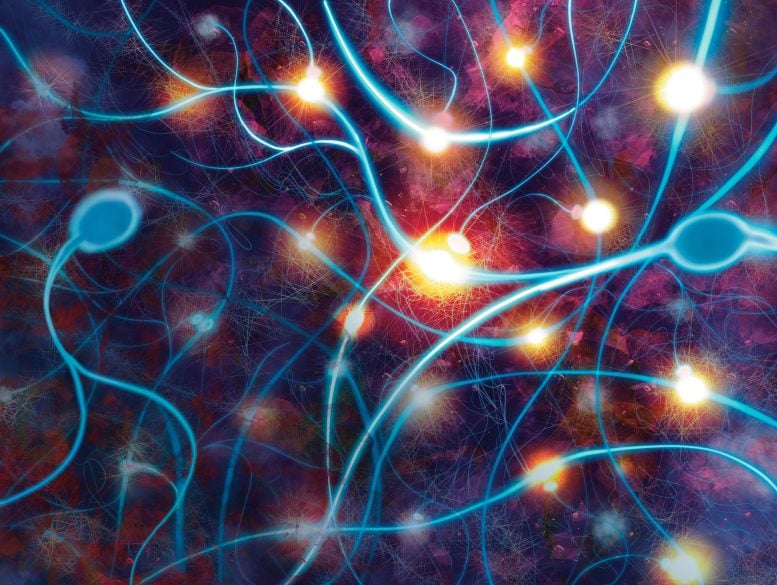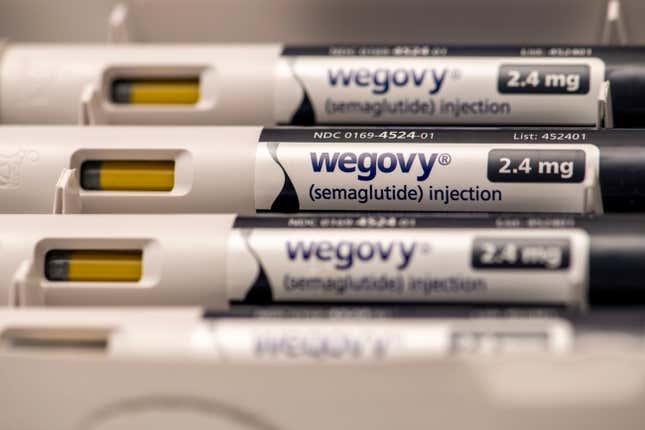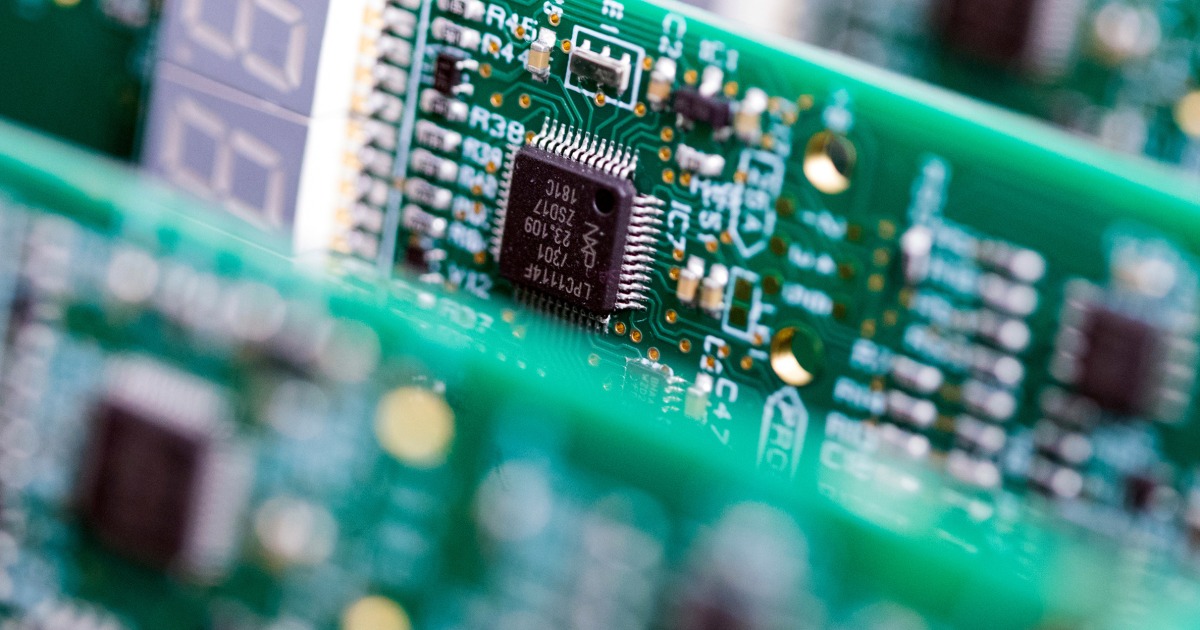 A recent study introduces a groundbreaking treatment for Alzheimer’s, focusing on memory restoration through the repair of damaged synapses using the KIBRA protein. This approach shows potential in reversing memory loss without directly addressing the accumulation of toxic proteins in the brain.Alzheimer’s Disease Treatment ApproachThe currently available Alzheimer’s treatments show some potential for slowing down the disease, but they are not as effective in restoring memory loss. Buck Assistant Professor Tara Tracy, PhD, the senior author of the study, emphasized the need for more targeted treatment options aimed at restoring memory rather than solely focusing on reducing toxic proteins in the brain. The findings were published in The Journal of Clinical Investigation.Exporation of New Alzheimer’s Treatment StrategiesThis research deviates from the common approach of addressing the accumulation of toxic proteins in the brain as the disease progresses. Tracy noted, “Rather than trying to reduce toxic proteins in the brain, we are trying to reverse the damage caused by Alzheimer’s disease to restore memory.” The study focuses on the KIBRA protein, primarily localized at synapses in the brain, and its critical role in memory formation and recall.The Significant Role of KIBRA in Memory RestorationThe team discovered that reduced levels of KIBRA in the brain corresponded to the severity of dementia. They also observed a significant correlation between increased tau levels and increased KIBRA levels in the cerebrospinal fluid. This finding suggests that KIBRA could serve as a biomarker of synaptic dysfunction and cognitive decline, aiding in diagnosis, treatment planning, and disease progression tracking.Promising Findings from KIBRA ResearchBy developing a functional version of the KIBRA protein, the researchers found that it could reverse memory impairment associated with Alzheimer’s disease in laboratory mice. Despite not directly addressing the problem of toxic tau protein accumulation, KIBRA was able to restore synaptic function and memory. Tracy emphasized that while reducing toxic proteins is important, repairing synapses and improving their function is a critical factor that could greatly impact future treatment options.Reference: “KIBRA repairs synaptic plasticity and promotes resilience to tauopathy-related memory loss” by Grant Kauwe, Kristeen A. Pareja-Navarro, Lei Yao, Jackson H. Chen, Ivy Wong, Rowan Saloner, Helen Cifuentes, Alissa L. Nana, Samah Shah, Yaqiao Li, David Le, Salvatore Spina, Lea T. Grinberg, William W. Seeley, Joel H. Kramer, Todd C. Sacktor, Birgit Schilling, Li Gan, Kaitlin B. Casaletto and Tara E. Tracy, 1 February 2024, The Journal of Clinical Investigation.
A recent study introduces a groundbreaking treatment for Alzheimer’s, focusing on memory restoration through the repair of damaged synapses using the KIBRA protein. This approach shows potential in reversing memory loss without directly addressing the accumulation of toxic proteins in the brain.Alzheimer’s Disease Treatment ApproachThe currently available Alzheimer’s treatments show some potential for slowing down the disease, but they are not as effective in restoring memory loss. Buck Assistant Professor Tara Tracy, PhD, the senior author of the study, emphasized the need for more targeted treatment options aimed at restoring memory rather than solely focusing on reducing toxic proteins in the brain. The findings were published in The Journal of Clinical Investigation.Exporation of New Alzheimer’s Treatment StrategiesThis research deviates from the common approach of addressing the accumulation of toxic proteins in the brain as the disease progresses. Tracy noted, “Rather than trying to reduce toxic proteins in the brain, we are trying to reverse the damage caused by Alzheimer’s disease to restore memory.” The study focuses on the KIBRA protein, primarily localized at synapses in the brain, and its critical role in memory formation and recall.The Significant Role of KIBRA in Memory RestorationThe team discovered that reduced levels of KIBRA in the brain corresponded to the severity of dementia. They also observed a significant correlation between increased tau levels and increased KIBRA levels in the cerebrospinal fluid. This finding suggests that KIBRA could serve as a biomarker of synaptic dysfunction and cognitive decline, aiding in diagnosis, treatment planning, and disease progression tracking.Promising Findings from KIBRA ResearchBy developing a functional version of the KIBRA protein, the researchers found that it could reverse memory impairment associated with Alzheimer’s disease in laboratory mice. Despite not directly addressing the problem of toxic tau protein accumulation, KIBRA was able to restore synaptic function and memory. Tracy emphasized that while reducing toxic proteins is important, repairing synapses and improving their function is a critical factor that could greatly impact future treatment options.Reference: “KIBRA repairs synaptic plasticity and promotes resilience to tauopathy-related memory loss” by Grant Kauwe, Kristeen A. Pareja-Navarro, Lei Yao, Jackson H. Chen, Ivy Wong, Rowan Saloner, Helen Cifuentes, Alissa L. Nana, Samah Shah, Yaqiao Li, David Le, Salvatore Spina, Lea T. Grinberg, William W. Seeley, Joel H. Kramer, Todd C. Sacktor, Birgit Schilling, Li Gan, Kaitlin B. Casaletto and Tara E. Tracy, 1 February 2024, The Journal of Clinical Investigation.
DOI: 10.1172/JCI169064
Other Buck researchers involved in the study are: Lei Yao, Jackson H. Chen, Ivy Wong, Helen Cifuentes, Samah Shah, and Birgit Schilling
Researchers Reverse Memory Loss in Alzheimer’s Patients by Fixing Synapses















